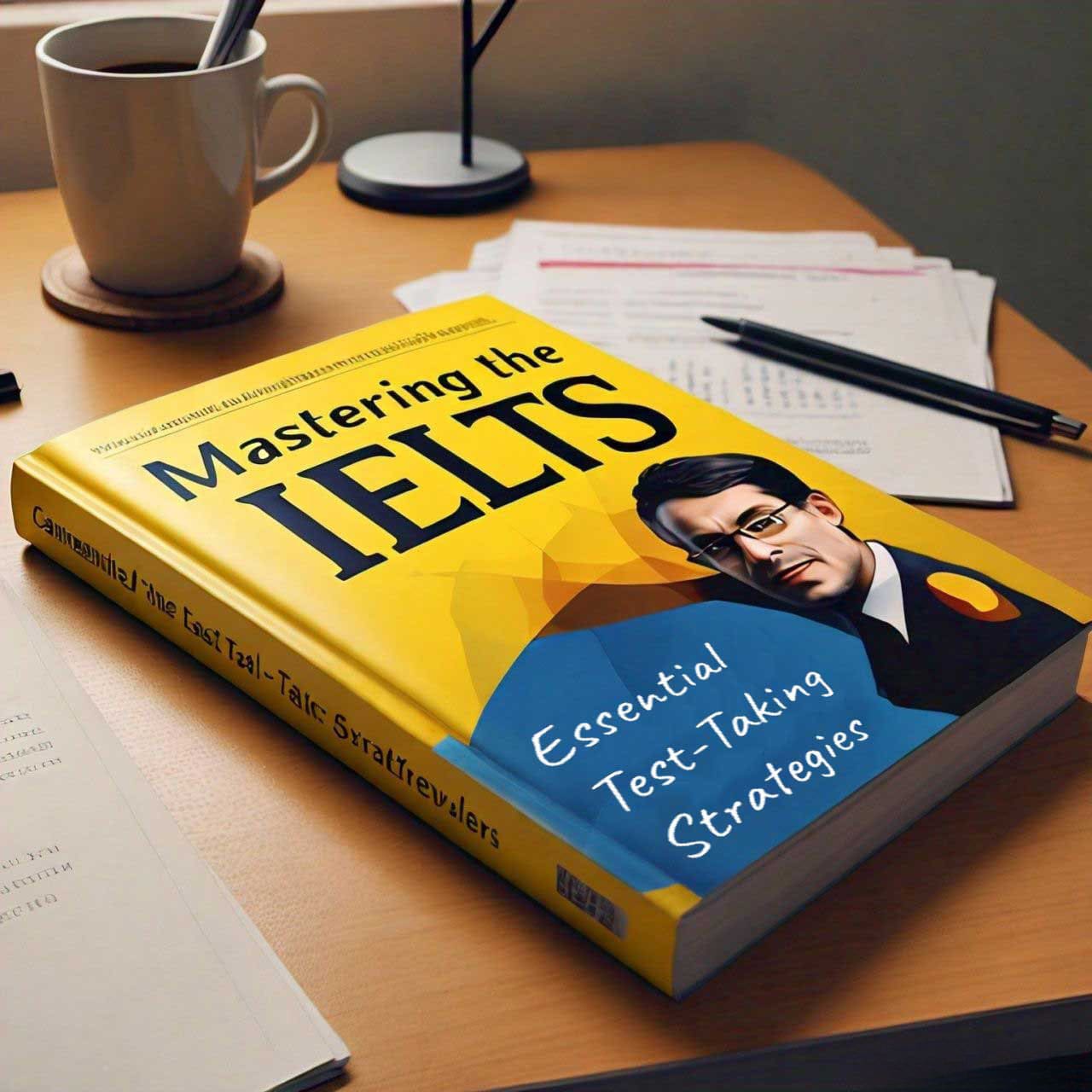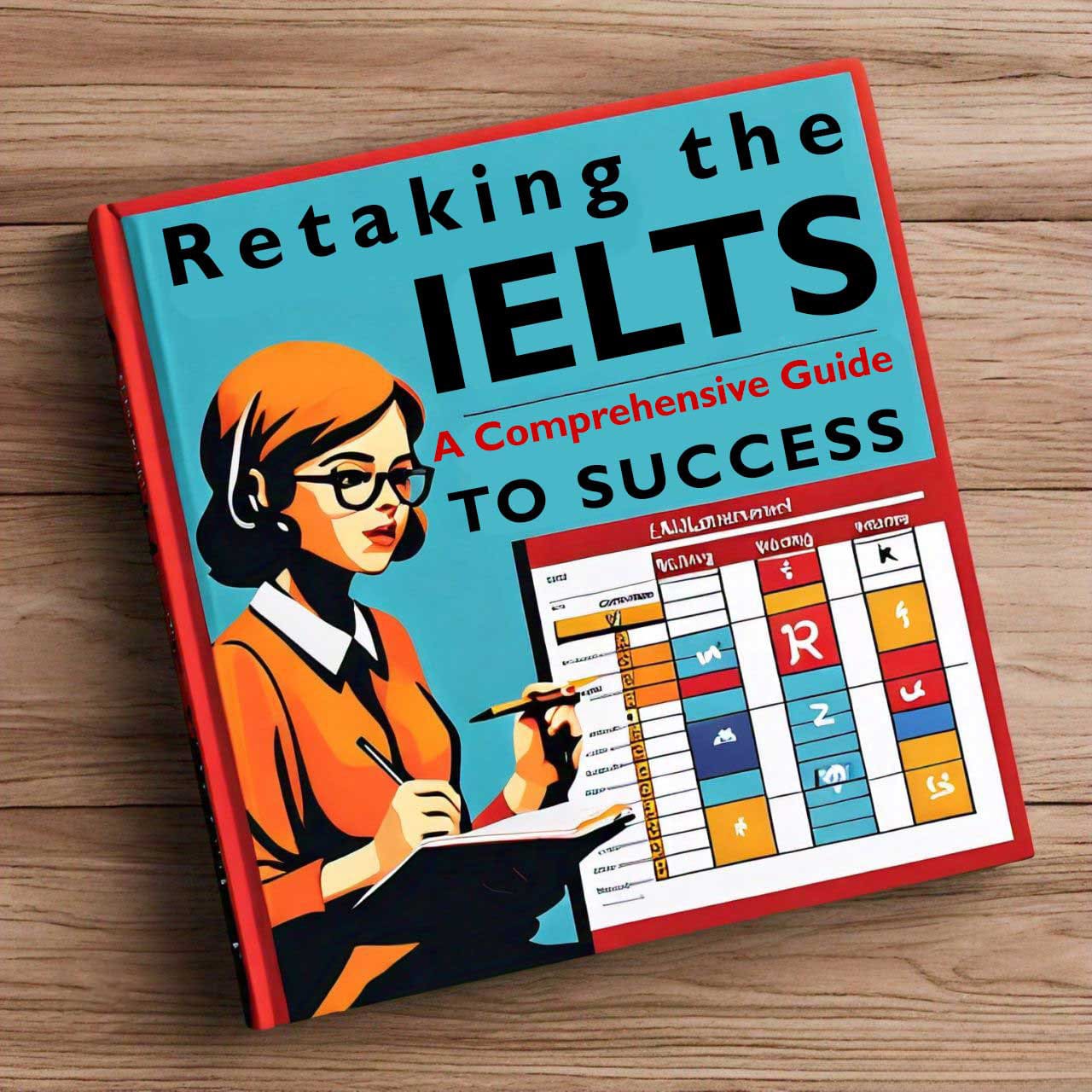The International English Language Testing System (IELTS) is a critical step for anyone aiming to study, work, or live in an English-speaking country. With its comprehensive assessment of listening, reading, writing, and speaking skills, the IELTS can be challenging. However, with the right strategies, you can maximize your performance and achieve your desired score. Here’s a detailed guide to effective IELTS test-taking strategies.
Table of Contents
1. Understand the Test Format
Before diving into preparation, it’s crucial to familiarize yourself with the test format. The IELTS is divided into four sections:
– Listening (30 minutes): Four recordings and 40 questions.
– Reading (60 minutes): Three passages and 40 questions.
– Writing (60 minutes): Two tasks (an essay and a letter/report).
– Speaking (11-14 minutes): A face-to-face interview with an examiner.
Knowing the structure of each section will help you manage your time effectively and reduce anxiety on test day.
2. Develop a Study Plan
Create a realistic study plan that covers all sections of the test. Allocate more time to areas where you are weaker. For instance, if you struggle with writing, dedicate extra hours each week to practice essay and report writing.
3. Practice Listening Skills
The listening section requires not just comprehension but also quick thinking. To improve your listening skills:
– Listen to a variety of accents: The recordings feature different English accents, including British, American, Australian, and Canadian.
– Practice note-taking: Develop a shorthand method to jot down key points quickly.
– Use practice tests: Regularly use IELTS practice tests to simulate the actual exam environment.
4. Enhance Reading Techniques
Reading comprehension in the IELTS can be challenging due to the academic nature of the texts. Here are some tips:
– Skimming and scanning: Learn to quickly identify the main idea and locate specific information.
– Time management: Don’t spend too much time on one passage. Aim to complete each section within 20 minutes.
– Vocabulary building: Expand your vocabulary to improve comprehension and speed.
5. Hone Writing Skills
The writing section demands clarity, coherence, and proper grammar. To excel:
– Understand the tasks: Task 1 (Academic) involves summarizing visual information, while Task 2 is an essay. For General Training, Task 1 is a letter.
– Practice writing under timed conditions: This will help you get comfortable with the time constraints.
– Seek feedback: Have your essays and letters reviewed by teachers or peers to identify areas for improvement.
6. Prepare for the Speaking Test
The speaking test can be intimidating, but with practice, you can build confidence:
– Practice speaking English daily: Engage in conversations with friends or language partners.
– Familiarize yourself with common topics: Practice discussing familiar topics like hobbies, work, and family.
– Record yourself: Listening to your recordings can help you identify and correct mistakes.
7. Manage Your Time Effectively
Time management is crucial in the IELTS. Here are some general tips:
– Follow the clock: Wear a watch to keep track of time, especially during the writing section.
– Prioritize questions: If you’re stuck on a question, move on and come back to it later if time permits.
– Review your answers: If time allows, double-check your answers, particularly in the reading and listening sections.
8. Stay Calm and Focused
Test anxiety can hinder performance. Here’s how to stay calm:
– Practice relaxation techniques: Deep breathing and visualization can help reduce stress.
– Stay positive: Keep a positive mindset and remind yourself of your preparation.
– Get a good night’s sleep: Ensure you are well-rested before test day.
Final Thoughts
Achieving a high score on the IELTS requires not only proficiency in English but also strategic preparation and test-taking skills. By understanding the test format, developing a robust study plan, and employing effective strategies for each section, you can enhance your performance and reach your goals. Remember, consistent practice and a positive attitude are your best allies in conquering the IELTS. Good luck!



